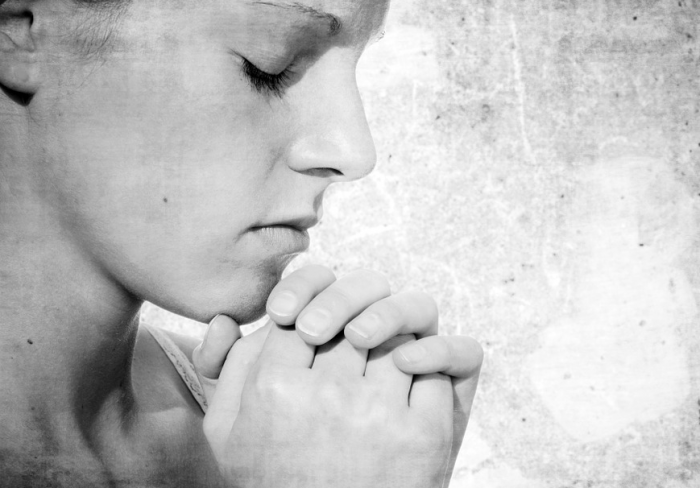To be honest, I was kind of reluctant when asked to speak about the confessional prayer at the High Holidays this year.
I am not really religious and the words sin and confession do not resonate with me. When I think of sin, I think of really bad stuff like murder, stealing, and sleeping with my best friend’s husband. Fortunately, I have stayed clear of such things so far.
But actually, reading the Al Chet, the confessional prayer of Yom Kippur, has brought a lot to my mind. And what has captured me most is the way in which it is recited, which is in the plural. We do not recite this prayer as I, but recite this prayer as We. This is a collective prayer intended to be said in community. Like so many traditions in the Jewish religion, this prayer is an act of community and togetherness.
This point is particularly poignant here and now because it is counter to all our cultural ideals and norms. As Americans, we pride ourselves on independence, autonomy, and self-sufficiency. We view self-reliance with a sense of respect and esteem.
I will be the first to admit that I am a drinker of this Kool-Aid. But as I get older, I am questioning this notion and I sense that there is a collective awakening for the need to step out of individuation and toward connection.
Connection has become a buzzword these days as we recognize as a society that we have become increasingly more siloed and lonely. Believe it or not, last year, former prime minister Teresa May appointed a “Minister of Loneliness” to tackle the social and health issues caused by social isolation in the United Kingdom. And studies have shown that in our own backyard, over 40 percent of the United States population over the age of 45 suffer from loneliness.
This is not only a social problem but a health problem as lack of connection negatively impacts every domain of our lives. Social isolation in adulthood puts us at greater risk for anxiety, depression, and suicidal tendencies. The Harvard Business Review has published that feeling disconnected in the workplace not only results in reduced job satisfaction but has also been shown to result in reduced productivity. And most interesting to me as a physician, scientific studies have shown social isolation to be as harmful as smoking, high blood pressure, and physical inactivity. In fact, one medical study reported that social isolation increased the risk of death by up to 45 percent!
The need for connection is innate and literally hard-wired in our physiology from the moment we are born. In fact, a mother’s body is primed with the hormone oxytocin, which not only is integral to a mother feeding her child but also essential to creating the emotional bond between mother and her baby. Consistency in this connection allows for secure, emotional development of the growing child and sets the stage for healthy relationships throughout life while absence of this connection will stunt the emotional growth of the child and literally alters brain development such that anxiety and depression are more likely as an adult.
And so there is timely wisdom in the message of this ancient prayer, and in reciting and sharing our transgressions collectively.
And the message is this: our misdeeds do not make us flawed, they make us human.
By acknowledging our misdeeds collectively, we acknowledge our shared humanity. From this place of shared humanity, we can cultivate connection with one another understanding that our struggles and challenges are universal. By being vulnerable together, we give permission to delve into our own psyche to explore with non-judgement and self-compassion, and to discover ourselves more fully in hopes to live a more aware and fulfilling life.
This is the blessing and beauty of this prayer that can be embodied by us all regardless of race, religion, or creed. Not a confession of sins but rather an intention of new beginnings an attempt to grow, improve, and be better in earnest.
To a life well-lived.







Read 1 comment and reply